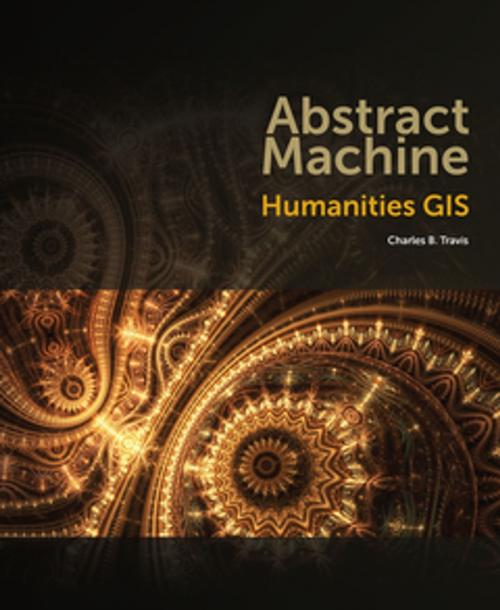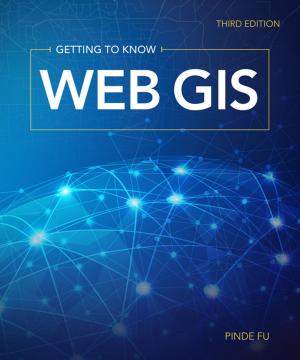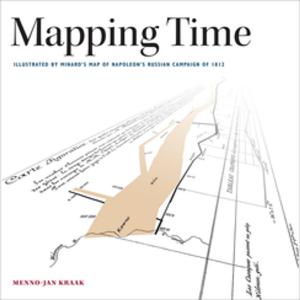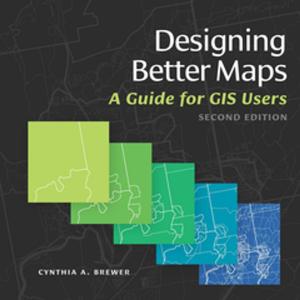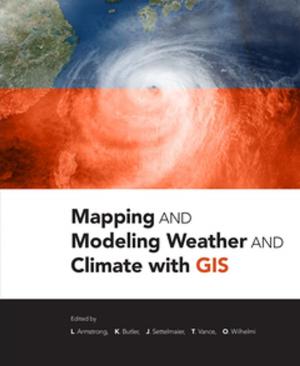Abstract Machine
Humanities GIS
Nonfiction, Science & Nature, Technology, Remote Sensing, Reference & Language, Education & Teaching, Teaching, Teaching Methods| Author: | Charles B. Travis | ISBN: | 9781589483699 |
| Publisher: | Esri Press | Publication: | August 19, 2015 |
| Imprint: | Esri Press | Language: | English |
| Author: | Charles B. Travis |
| ISBN: | 9781589483699 |
| Publisher: | Esri Press |
| Publication: | August 19, 2015 |
| Imprint: | Esri Press |
| Language: | English |
In Abstract Machine, author Charles Travis uses GIS technology to interpret, analyze, and visualize literary, historical, and philosophical texts. Travis's study shows how mapping language patterns, fictional landscapes, geographic spaces, and philosophical concepts helps support critical analysis. Travis bases his interpretive model upon the ancient Greek and Roman practice of geographia, and applies it to works by authors including Samuel Beckett, Patrick Kavanagh, Flann O’Brien, and James Joyce. Travis illustrates how scholars in the humanities can experiment with GIS to create visualizations that support and illustrate their critical analysis of humanities texts, and survey, navigate, and imagine various story-paths through space and time.
In Abstract Machine, author Charles Travis uses GIS technology to interpret, analyze, and visualize literary, historical, and philosophical texts. Travis's study shows how mapping language patterns, fictional landscapes, geographic spaces, and philosophical concepts helps support critical analysis. Travis bases his interpretive model upon the ancient Greek and Roman practice of geographia, and applies it to works by authors including Samuel Beckett, Patrick Kavanagh, Flann O’Brien, and James Joyce. Travis illustrates how scholars in the humanities can experiment with GIS to create visualizations that support and illustrate their critical analysis of humanities texts, and survey, navigate, and imagine various story-paths through space and time.
